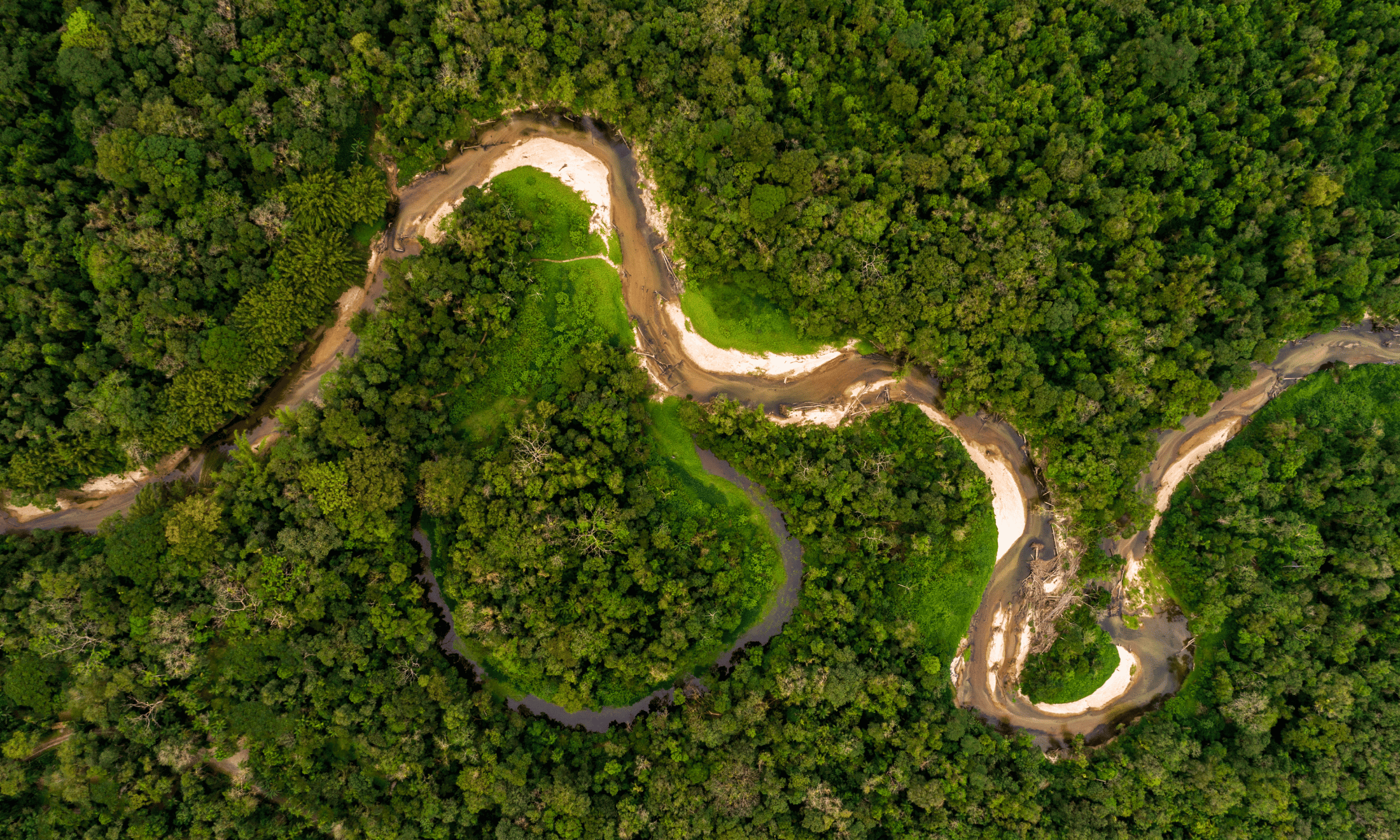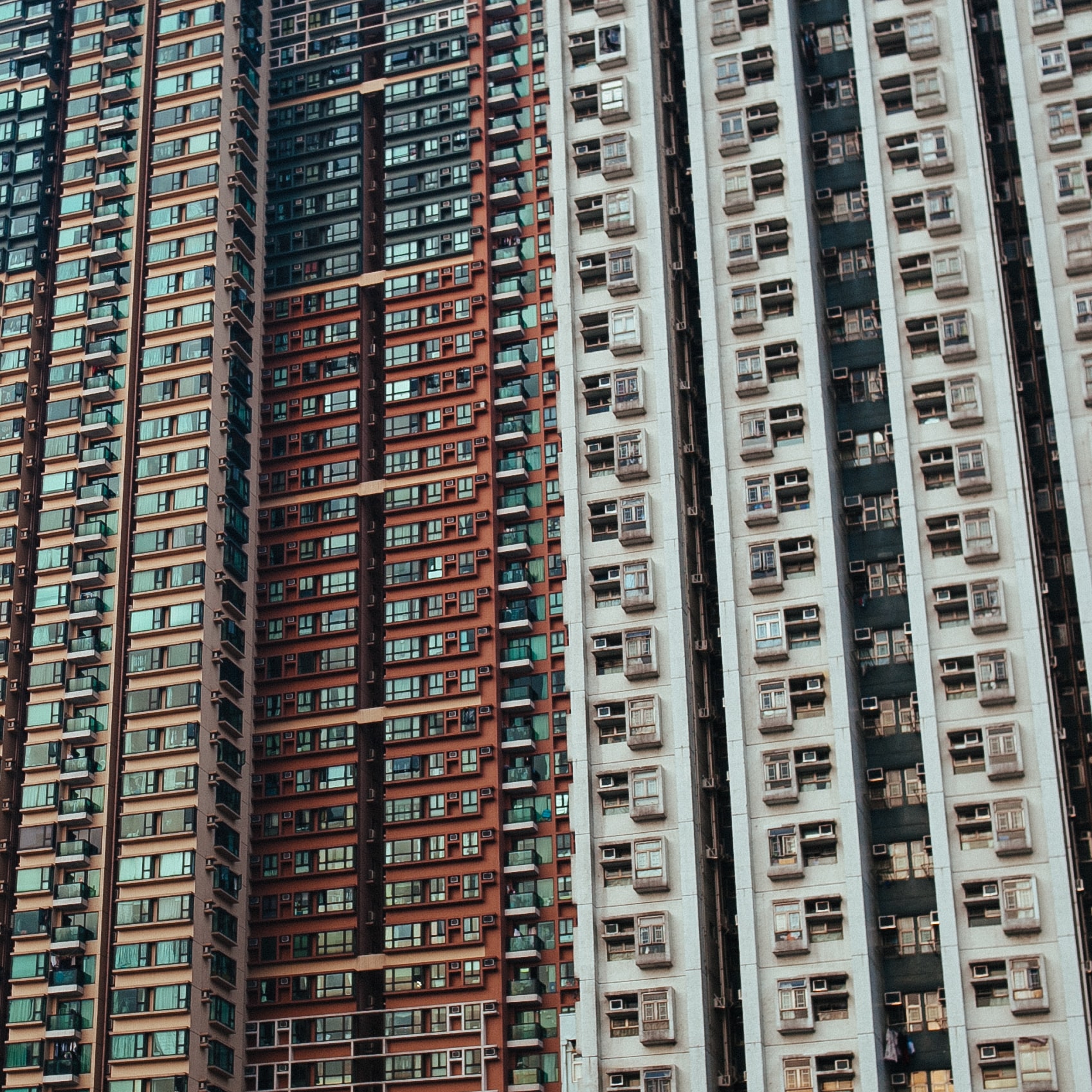
Canva
Fight climate doom with these positive stories from 2022
Our planet suffered greatly, yet there was plenty of hope to be found.
Houda Fansa Jawadi
21 Dec 2022
In 2022, the planet experienced many natural and man-made climate disasters. We’ve seen everything from wildfires to mass animal mortality events, as well as water shortages and droughts caused by abnormal heatwaves. Yet, fossil fuel projects continue being approved, greenwashing is at an all-time high and politicians are failing us. Even COP27 – despite setting up the historic ‘Loss and Damage’ fund – was largely considered a failure.
This all makes for grim reading. However, as the end of the year approaches, it’s important to remember the positive environmental achievements that flew under the radar. No matter how small, we need all the hope we can get.
Let us run you through some of 2022’s most hopeful climate stories, all of which have the efforts of local communities at their core.
Lula’s election win in Brazil and vow to reverse Amazon deforestation
The victory of Lula da Silva in the Brazilian presidential elections was historic for the socialist movement. Since getting elected, he has promised to reverse the destruction of the Amazon rainforest. In the same month, Sônia Guajajara was the first indigenous woman elected into the Brazilian congress and has vowed to keep the fight for environmental justice going.
Community groups, including Mexico’s Comcáac people, have saved the olive ridley sea turtle.
The Sea Turtle Group of the Comcáac people in El Desemboque de Los Seris in Mexico has released more than 8000 olive ridley sea turtle hatchlings in the past five years and now the species is no longer endangered. The turtle is a sacred animal to the Comcáac people and was under threat from egg poaching. This was due to a lack of beach patrolling at turtle nesting sites, as well as the presence of natural predators.
With training offered by organisations and some limited state funds, the group of 21 individuals of the Comcáac people, known as the Turtle Guardians, are protecting female turtles and their nests, guarding hatchlings and monitoring the beaches using drones. The group aims to increase the number of hatchlings, ensuring the species’ continuity. It is developing a ‘turtle house’, with the support of CONANP, (Mexico’s National Commission for Protected Natural Areas), a space to share knowledge of sea turtle conservation with others.
Farmers in India used regenerative natural agricultural practices to restore lands
The Accion Fraterna Ecology Centre (AFEC) is helping more than 60,000 farmers restore around 300,000 acres of unproductive land using regenerative farming methods. In the Anantapur district in south India, the organisation successfully supported around 10,000 farmers in adopting these practices during the recent season where temperatures were high and rainfall level was unpredictable. So, in efforts to restore the health of their lands, they swapped environmentally harmful practices for regenerative ones.
Farmers used agroforestry – a land management practice based on planting woody perennials, trees, shrubs and palms alongside crops. They substituted chemical fertilisers, pesticides, and weedicides with more natural alternatives and switched from monocropping to a multi-cropping technique. In the future, AFEC aims to scale up its efforts to achieve land restoration nationally.
The European Parliament approves initiatives that support projects of community energy
The global energy crisis saw a 41% average increase in energy bills across the EU and 54% in the UK. Accompanied by ongoing inflation, many people across Europe resorted to energy community projects which are bottom-up actions driven by citizens to replace fossil fuels with clean and sustainable methods to produce, manage and consume their own energy. The projects increase energy savings, lower energy bills, and eliminate the monopoly of gas companies. They allow people to participate in the process actively.
To help their endeavours, the European Parliament set up a fund in April 2022 to support the development of these projects, contribute to the dissemination of best practices and provide technical assistance. They created the “Energy Communities Repository” for urban areas and the “Rural Energy Community Advisory Hub” for rural ones. The Energy Community projects turn individual citizens, and small and medium-sized businesses, among others, from consumers to prosumers which means consuming and producing renewable energy. The fund is crucial to help the projects scale up and make renewable energy projects more attractive to people and private investors. They can take the form of these three models (generation and supply, collective investments in production installations, and collective self-consumption). The Enostra coop in Sardinia is a successful case study.
Ecuador led the way in working alongside Indigenous groups to protect sacred rainforests
Rainforests makes up a third of the total area of Ecuador. The country’s forests are home to more than 300 species of mammal, 800 species of fish and 350 species of reptile, but since the 1960s, they have been impacted by pollution from oil and mining work. In the Pastaza region, located in the east of the country, seven Amazonian Indigenous communities have joined forces for the first time, with local provinces and NGOs to protect the rainforests. Together they have created the $52 million REDD+ Plan, which aims to reduce deforestation and forest degradation and improve the well-being of people in the area. Crucially, it draws on the wisdom of the indigenous communities in Pastaza. It proposes adopting land management practices of indigenous knowledge.
The United Nations declared a healthy environment a human right
On 28 July 2022, the United Nations General Assembly passed a historic resolution recognising that humans have the universal right to live in a clean, healthy, and sustainable environment. The UNGA asked countries, INGOs, businesses and other stakeholders to “scale up efforts” to achieve a sustainable environment for all people. This right would support efforts to deal with environmental crises in a non-discriminatory and more coordinated way. It will also help in achieving the goals of sustainable development and protecting the rights and people who defend the environment.
The contribution of our members is crucial. Their support enables us to be proudly independent, challenge the whitewashed media landscape and most importantly, platform the work of marginalised communities. To continue this mission, we need to grow gal-dem to 6,000 members – and we can only do this with your support.
As a member you will enjoy exclusive access to our gal-dem Discord channel and Culture Club, live chats with our editors, skill shares, discounts, events, newsletters and more! Support our community and become a member today from as little as £4.99 a month.

Britain’s policing was built on racism. Abolition is unavoidable

How Pakistan’s Khwaja Sira and transgender communities are fearing and fighting for their futures

Their anti-rape performance went viral globally. Now what?






